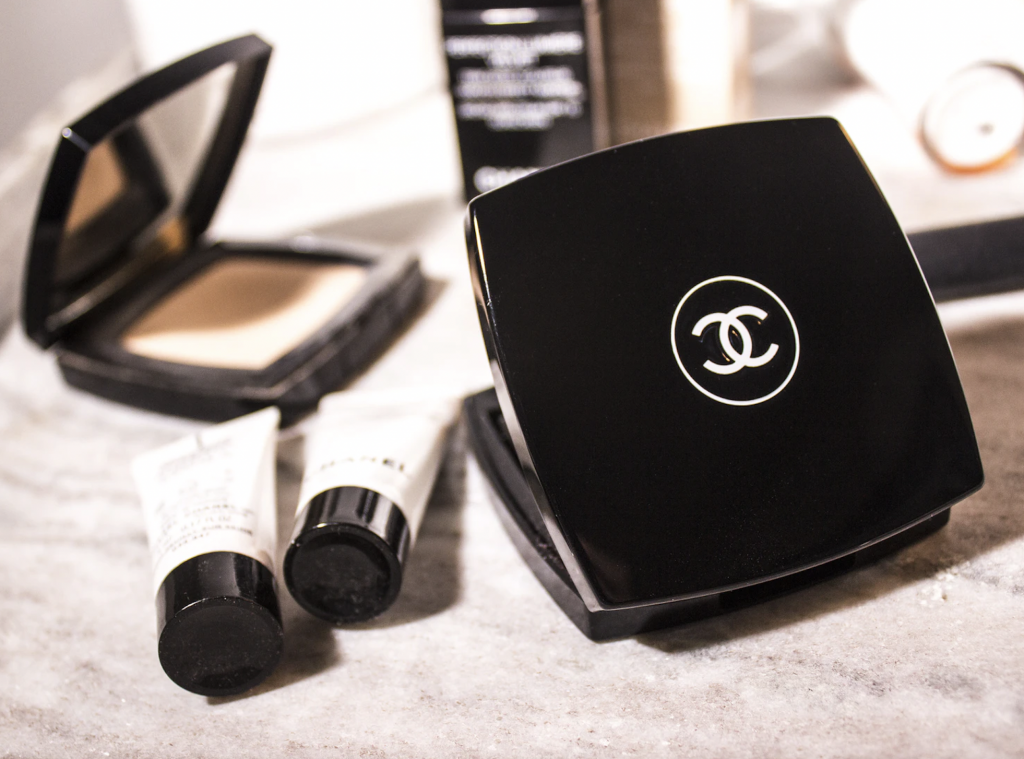China currently holds the title of the world’s second-largest cosmetics market, following the United States, and “international players in particular are optimistic that it will grow further,” according to Shanghai-based attorney Maarten Roos. Figures from China’s Ministry of Commerce, which reveal that the value of imported cosmetics in 2020 grew by a whopping 30 percent on a year-over-year basis, seem to backup such expectations, while also “underscoring the continued demand for international products in this burgeoning category.”
Despite such growing demand among Chinese consumers for international cosmetics and beauty products, Roos asserts that “domestic penetration remains a challenge for many international brands,” and this is due in large part to China’s stringent legal rules governing the sale of imported cosmetics within the country. “The complex regulatory framework that comes with the filing of new ingredients, for instance, has slowed the introduction of new products by many international companies,” he says. But even more challenging for non-native cosmetics brands is China’s long-standing requirement that all imported cosmetics be subject to mandatory animal testing. Specifically, Chinese law mandates that cosmetics products imported into China must undergo pre-market testing, and also requires that they be subject to post-market animal testing in case of customer complaints or product recalls.
To date, “the only exception” to China’s animal-testing rules has existed for companies whose cosmetics are sold through cross-border e-commerce sites, such as Alibaba’s Tmall and JD.com. However, that is slated to change in the not-too-distant future, as China’s National Medical Products Administration announced this week that it will implement new regulations, including an exemption to the otherwise mandatory pre-market animal testing of certain imported general-use cosmetics.
In other words, as of May 1, 2021, importers of general cosmetics – as distinct from “special-use” cosmetics – will not need to submit to animal testing if they can produce: (1) a certification issued by the authorities in the country of origin regarding a quality management system for cosmetics production; and (2) product safety evaluation results that can sufficiently prove the product’s safety. (“Special-use” cosmetics generally refer to hair dyes, hair perming products, skin whitening products, sunscreens, anti-hair loss products, and other cosmetics that claim new function or new efficacy and are subject to registration.)
Roos states that it is important to note that the newly-revised rules – which come by way of the Specifications on New Raw Material of Cosmetics Registration and Record-filing Materials – apply “only to pre-market animal testing (i.e., they do not consider the secondary concern of animal testing requirements in case of customer complaints or product recalls).” Nonetheless, he says that the new “specifications are a clear sign that China is relaxing its principled stance on the issue” of animal testing. More than that, he asserts that the approved Specifications, as well as other recent legislative initiatives, including the Measures for the Administration of Cosmetics Registration and Record-Filing Materials and the PRC Regulations for Cosmetics Supervision and Administration, which provide for a simplified filing system for new ingredients and a reduction in “special-use” categories, among other things, “clearly indicate that China is trying to streamline its regulatory framework for the cosmetics industry.”
These developments bode well for international cosmetics brands that wish to expand in China on their own and without needing to rely on third-party platforms, a practice that is proving particularly attractive given the marked rise in consumption on the Chinese mainland, as opposed to during international travel. As Bloomberg’s Andrea Felsted and Anjani Trivedi stated in an article this week, “The share of Chinese consumers’ high-end purchases made in mainland China more than doubled from 32 percent in 2019 to over 70 percent in 2020.” They claim that even when Chinese consumers can travel again, domestic spending is not expected to “revert to pre-pandemic levels,” thereby, putting the onus on Western brands to build out their footprints – both digital and otherwise – on the Chinese mainland.














